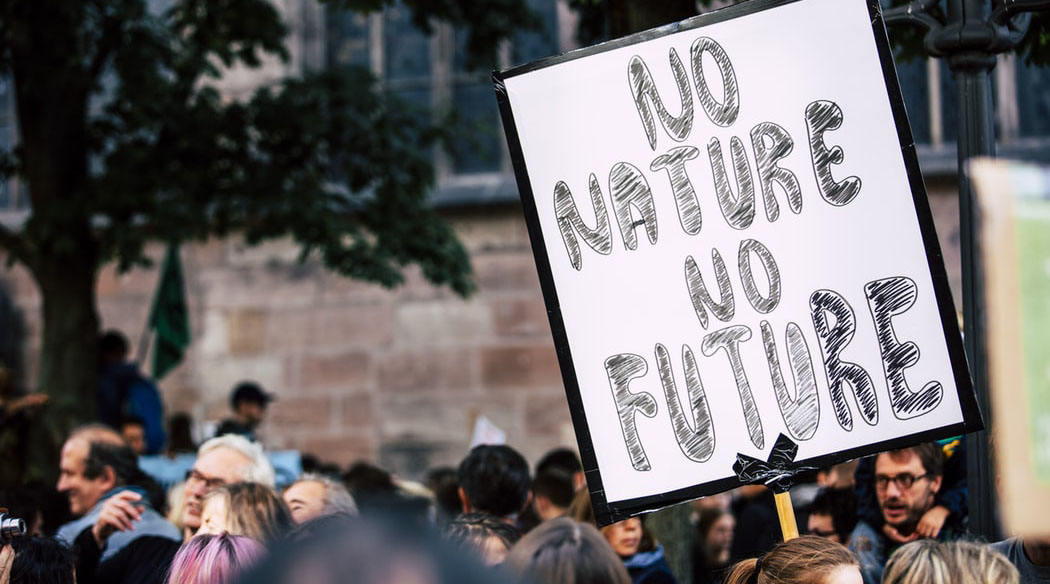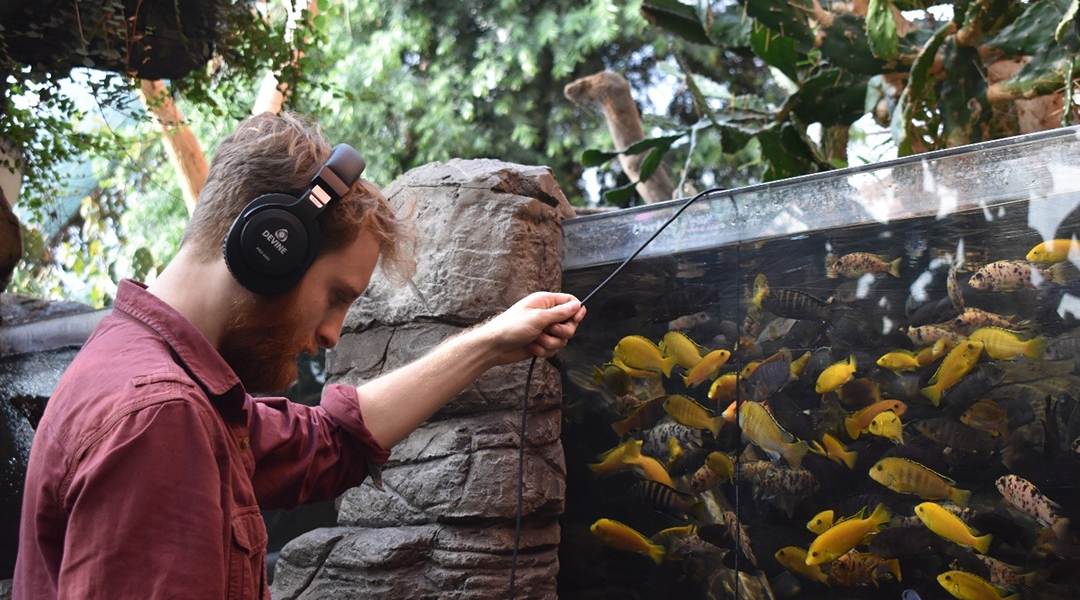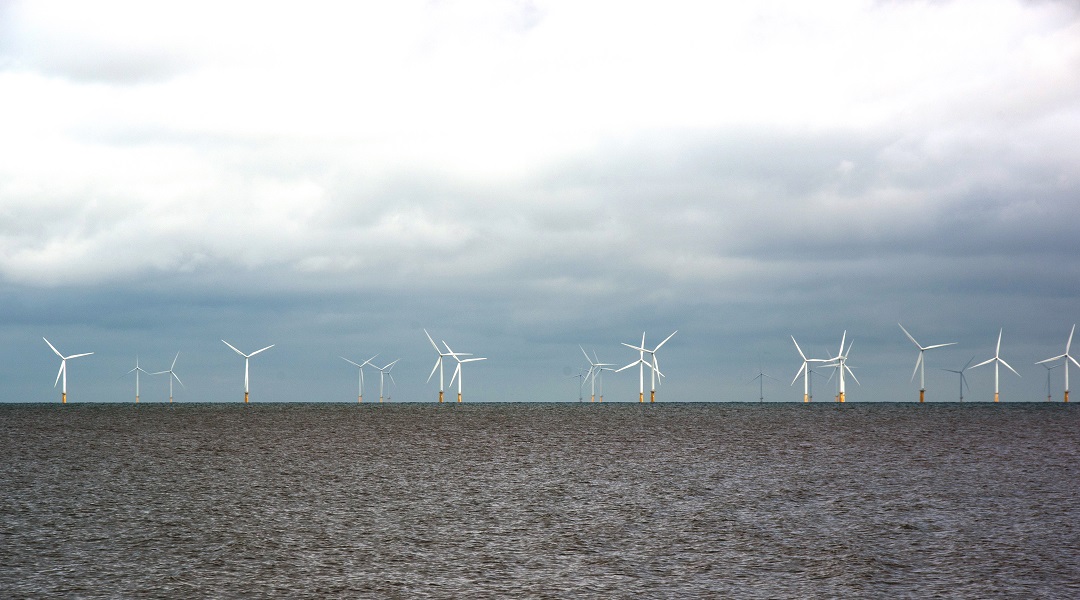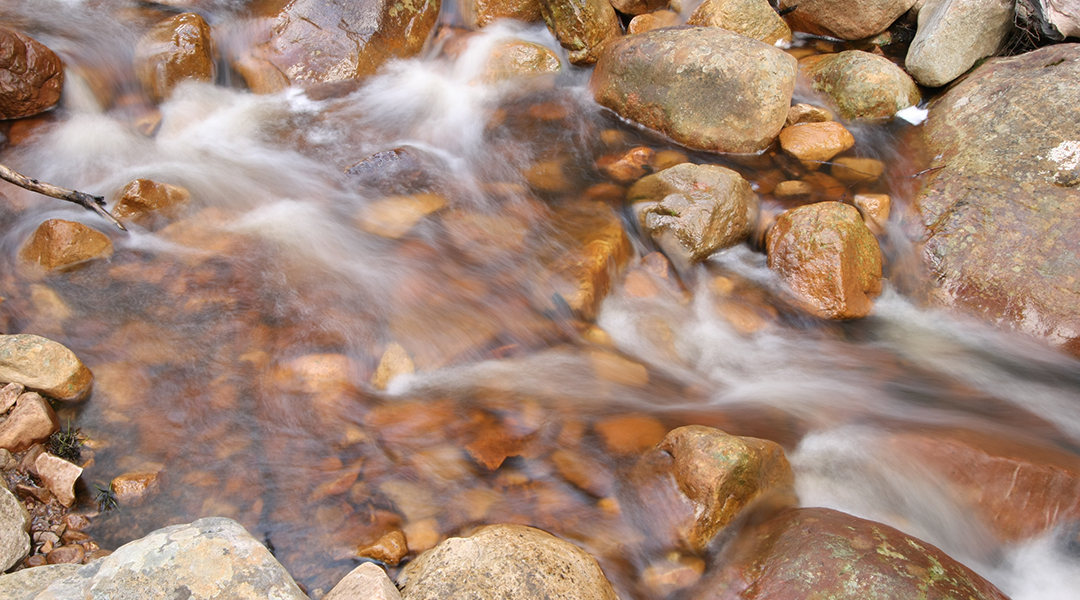Effective climate mitigation policies can be realized with the help of agent-based models.


Effective climate mitigation policies can be realized with the help of agent-based models.

Freshwater ecologists are becoming interested in noninvasive surveying techniques, such as ecoacoustics, to gather crucial data and plan conservation efforts.

Making Europe go from bottled water to the tap will require political and societal attempts to induce behavioral change to mitigate the amount of plastic currently being consumed.

Around the world, cities and regions are showing significant drops in pollution and greenhouse gas levels.

There has been a growing interest in delivering action with results on the ground, which is shaping how cities and urban areas are responding to climate change.

Dutch researchers develop a new computational model that could help turbine designers manage large uncertainties in wind and wave behavior.

Researchers have created and structured a collection of freely accessible global datasets to support future studies on floods, droughts, and their interactions with changing societies.

Researchers fabricate a highly selective ZIF‐8 gas separation membrane.

Today’s green chemistry technologies open the route to a broader and richer economy for lemons, well beyond the fresh fruit and fruit juice markets.

Researchers from Newcastle University and the James Hutton Institute explore how catchment systems engineering can be a holistic approach to solving some environmental problems.